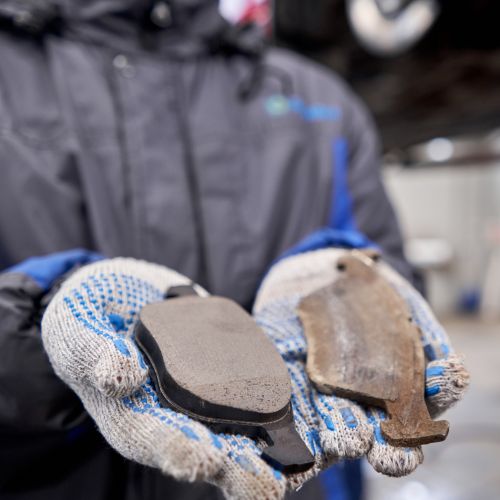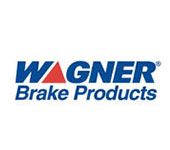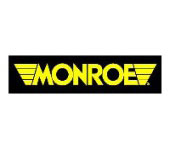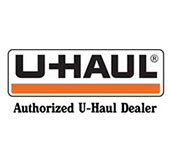Brake Repair Services in West Branch
Strengthening Your Stopping Power
Whether you're in need of swift maintenance or brake repair services, you can rely on Snider's Car Care for cost-effective solutions. Contact us at 989-345-3936 or visit our West Branch location for a comprehensive vehicle inspection, affordable recommendations, and efficient repairs to ensure optimal performance. To us, safety is paramount, so if you have any doubts about your brakes, reach out to us immediately!

Comprehensive Brake Repair Services
We provide a full range of brake repair services to ensure your vehicle performs at its best. Our services include:
Anti-Lock Brake System
The Anti-lock Brake System (ABS) ensures your wheels keep rotating during braking, preventing skidding and providing better control. If your ABS light illuminates, visit Snider's Car Care for a diagnosis and professional repair.
Brake Fluid Flushes
Brake fluid can absorb moisture from the air over time, diminishing brake effectiveness and becoming corrosive, potentially harming the system. Regular brake fluid flushes are vital to ensure fresh fluid usage in your vehicle. Consult our technicians at Snider's Car Care to determine the right time for a brake fluid flush.
Brake Hoses
A brake hose carries pressurized brake fluid from the master cylinder to the brakes. A damaged hose can lead to delayed or weak braking, and a leak may result in brake failure. While the need for a replacement brake hose isn't common, any signs of cracking or wear should prompt immediate replacement.
Brake Pad & Shoe Replacement
Squealing brakes often indicate brake pad issues. When brake pads deteriorate completely, a harsh metal-on-metal grinding noise occurs during braking, indicating potential rotor or drum damage. Although experienced individuals may attempt home repairs, if you have brake concerns, it's best to consult an auto repair professional promptly.
Caliper Replacement
The brake caliper houses brake pads and clamps around the rotor to apply pressure during braking. Caliper problems can cause uneven braking, leading to skidding during braking and loss of control in adverse weather conditions. Contact Snider's Car Care in West Branch at your earliest convenience for assistance.
Resurface Rotors
In a disc brake system, rotors attach to your vehicle's wheels. The friction with brake pads over time creates grooves and cracks. The process of resurfacing restores rotors to a "like-new" condition, reducing noise and wobbling. At Snider's Car Care, we inspect your rotors thoroughly and recommend the best course of action.
Contact Us for Brake Repair in West Branch
Don't let brake issues put your safety at risk. Visit Snider's Car Care in West Branch for expert brake repair services. Call us today or schedule your appointment online for fast, reliable service you can trust.
Brake FAQs
Learn about some of the common questions you may have:
Why are my brakes making a grinding noise?
A grinding sound from your brakes often signals that they're severely worn and require immediate attention. This noise typically means the brake pads have worn down to the rotors.
Why are my brakes squeaking?
Squeaking brakes can result from small stones or debris caught in the pads, or it may indicate that the pads are wearing thin. It's a sign that your brakes might need inspection or replacement.
Why are my brakes making a burning smell?
A burning smell from your brakes can occur if they overheat from excessive use. If you notice a chemical odor or smoke, pull over safely and allow the brakes to cool to avoid further damage.
Why are my brakes vibrating?
Vibration when braking usually points to an issue with uneven rotor surfaces. Over time, rotors can wear unevenly, causing vibrations through the steering wheel when you apply the brakes.
What are the 3 signs that brake pads are worn?
Common signs of worn brake pads include squeaking noises, grinding sounds, and the brake warning light illuminating on your dashboard.
To learn more about our Brake services, call us at 989-345-3936 or request a quote by clicking below:
Request Quote
Discover More About Brake Repair Services At Snider's Car Care in West Branch
Customer Service
Quick Lube Services
Contact Us













